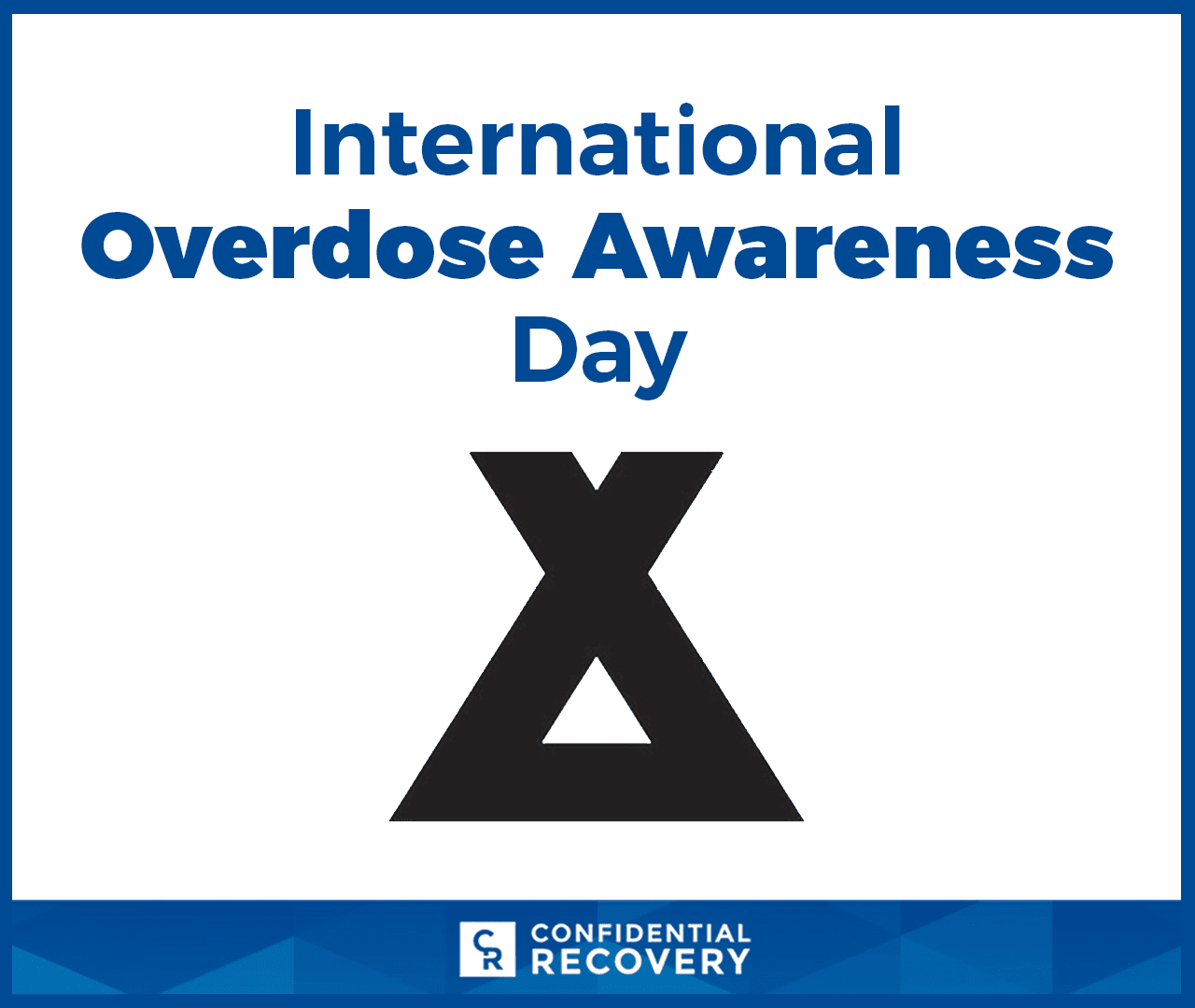
Drug Overdoses Continue to Rise at an Alarming Rate
Drug overdoses don’t always result in death. When you hear a statistic like 107,000 overdose deaths were reported between 2020-21 in the United States, you might think it’s not that big of a deal. After all, around 697,000 people died of heart disease in 2021. When comparing the two, overdose deaths don’t seem that out of hand—even though this is the first time overdose deaths have surpassed 100,000.
However, in a 2015 National Institute on Alcohol Abuse and Alcoholism study, 23 million adults admitted to having or having had a drug addiction. There is no doubt that the number of people who overdose is vastly more significant than the number of people who die of an overdose.
That means overdoses must not be a big deal, right?
Even non-fatal drug overdoses can have lifelong consequences.
An overdose is defined as taking more than the recommended dose of a drug. In the case of an illegal drug, it would mean taking more than your body can handle. The trouble is that people don't know what their bodies can handle until they go too far.
As we’ve mentioned before, fentanyl is extremely potent and easy to hide (whether accidentally or intentionally) in other drugs. It’s estimated that half the overdose deaths in 2020 had something to do with fentanyl. These people didn’t intend to overdose, but there is no regulation regarding illegal drugs. No FDA is coming to reassure consumers or issue recalls.
Addicts are playing with fire, and they might get burned.
Often, those who overdose don’t die; they experience hypoxia, or lack of oxygen to the brain, which can result in permanent damage. Hypoxia can affect balance, speech, hearing, vision, or memory. Overdose sufferers may experience seizures, headaches, chest pain, difficulty breathing, or unconsciousness.
And they’re at the mercy of whoever they’re with—if there is anyone at all—to overcome their own fear of getting caught and call for help or administer Narcan.
Fatal or not, drug overdoses are a very big deal, and we can’t let the number continue to rise.
August 31st is International Overdose Awareness Day.
We ask that, on this day, you take a few moments to share the facts about drug overdoses and how to prevent them. Remember a loved one who died from an overdose or whose life was irrevocably changed by one, and consider donating to this worthy nonprofit so it can reach more people.
Most importantly, remember to stay kind and listen to those struggling with substance use disorder with an open mind.
Drug users and those they leave behind cite stigma as one of the top reasons they don’t reach out for support, and with fentanyl in the mix, support is more critical than ever. As one tribute states on the International Overdose Awareness Day website, “If fentanyl had been around 30 years ago when my brother started his addiction, I am sure he would not have lived near this long.”
We have to band together to beat this thing.
If you or a loved one is struggling to beat their drug or alcohol addiction, Scott Silverman can help. Get in touch with him by calling or texting 619-993-2738.
(c) 2022 Scott H Silverman. All Rights Reserved.
Categories
Addiction News International Overdose Awareness Day Opioid Epidemic
